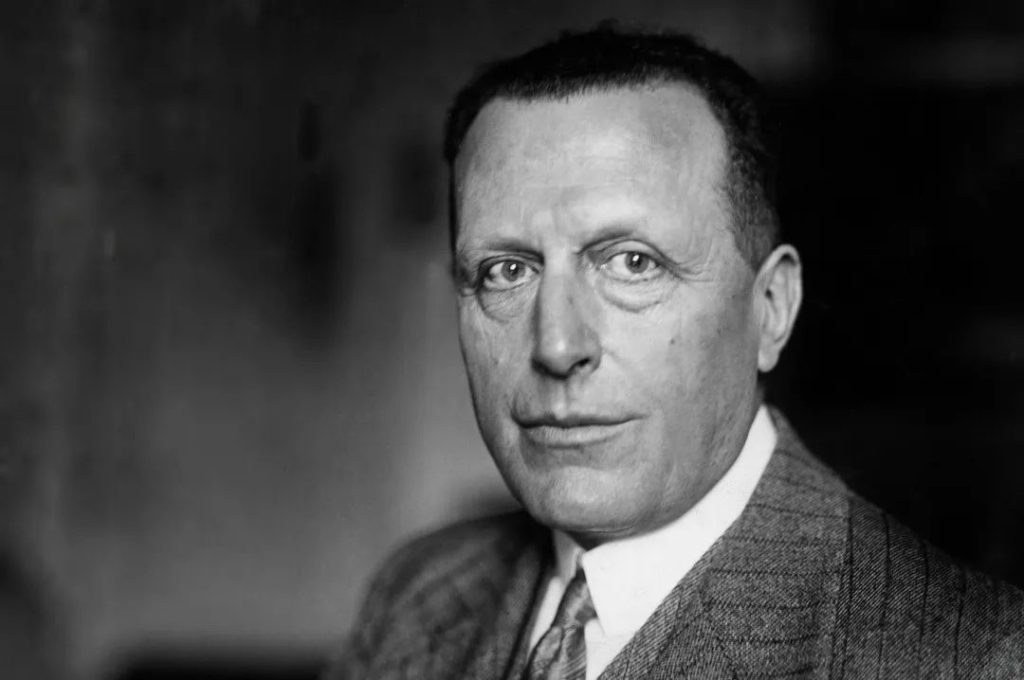“The world might condemn me, but what’s the world? A gathering of fools and a pile of prejudices.” Thus, with all the certainty and absolutism of youth, does the seventeen-year-old Ariane reflect on the prospect of selling herself. There would be an element of épater les bourgeois in this sentiment in almost any age, but to see it so freely expressed at the dawn of the last century comes as something of a surprise.
Written in Russia while its French author chronicled the immediate aftermath of the Bolshevik revolution, Claude Anet’s Ariane is a striking, if now largely forgotten, account of a young woman’s pursuit of self-realization in a world of rapidly changing social mores. Following the death of her mother, the irrepressible, irresistible Ariane is sent to live with her forward-thinking aunt, under whose tutelage she develops “the habit of, and taste for, freedom” — so much so, in fact, that she resolves to “dispose of herself” as she sees fit, without the least regard for the consequences.
Against the sweeping, elegiac backdrop of a Russia that is about to vanish forever, Ariane moves from one man to the next, playing sophisticated games of love and jealousy that for a woman of such tender years would raise eyebrows now. An eventual dalliance with a wealthy businessman willing to meet her on her own terms, however, pits her modern belief in “extreme liberty” against good old-fashioned romance (once dismissed by her aunt as “the cause of all ills”).
By turns passionate, callous and not a little unnerving, Ariane is an astonishingly fresh object lesson in the perils of permissive morality, one that time and again invokes the reader’s own assumptions and prejudices, only to confound them. Yet for all the overt sensationalism of the plot, there is genuine tragedy in the details, and much beauty and artistry in the telling. Jean Schopfer — the man behind the pseudonym — may have been better known in his day as a tennis champion, international adventurer and playboy, but he certainly knew how to write.
A succès de scandale in its day, Ariane was one of the first truly international bestsellers of the twentieth century, and it isn’t hard to see why. Now revived vigorously and credibly in English by the translator Mitchell Abidor, this exquisite novella will speak to new audiences, who will, I suspect, marvel at how little things have changed in more than a century.
This article was originally published in The Spectator’s UK magazine. Subscribe to the World edition here.





















